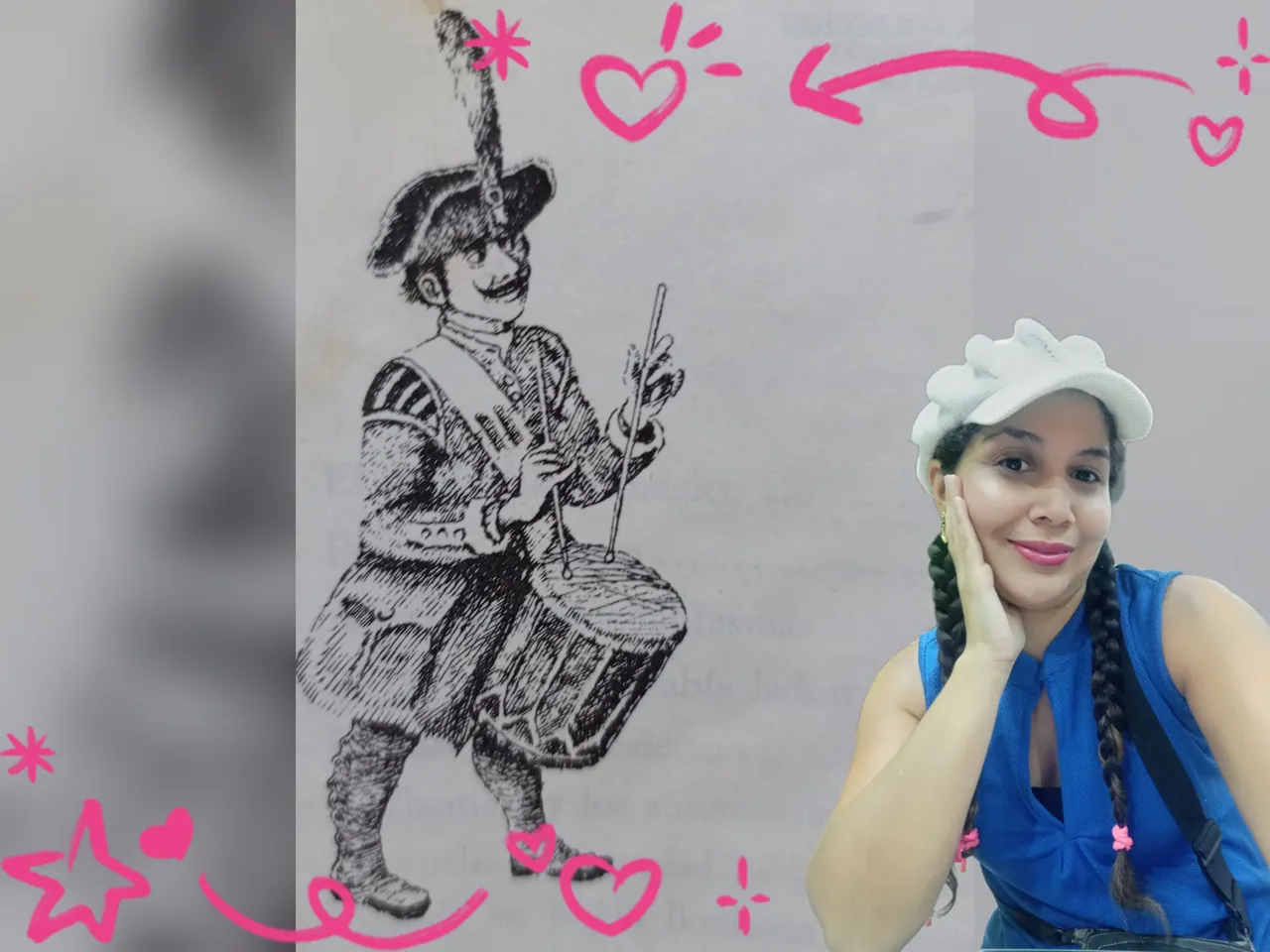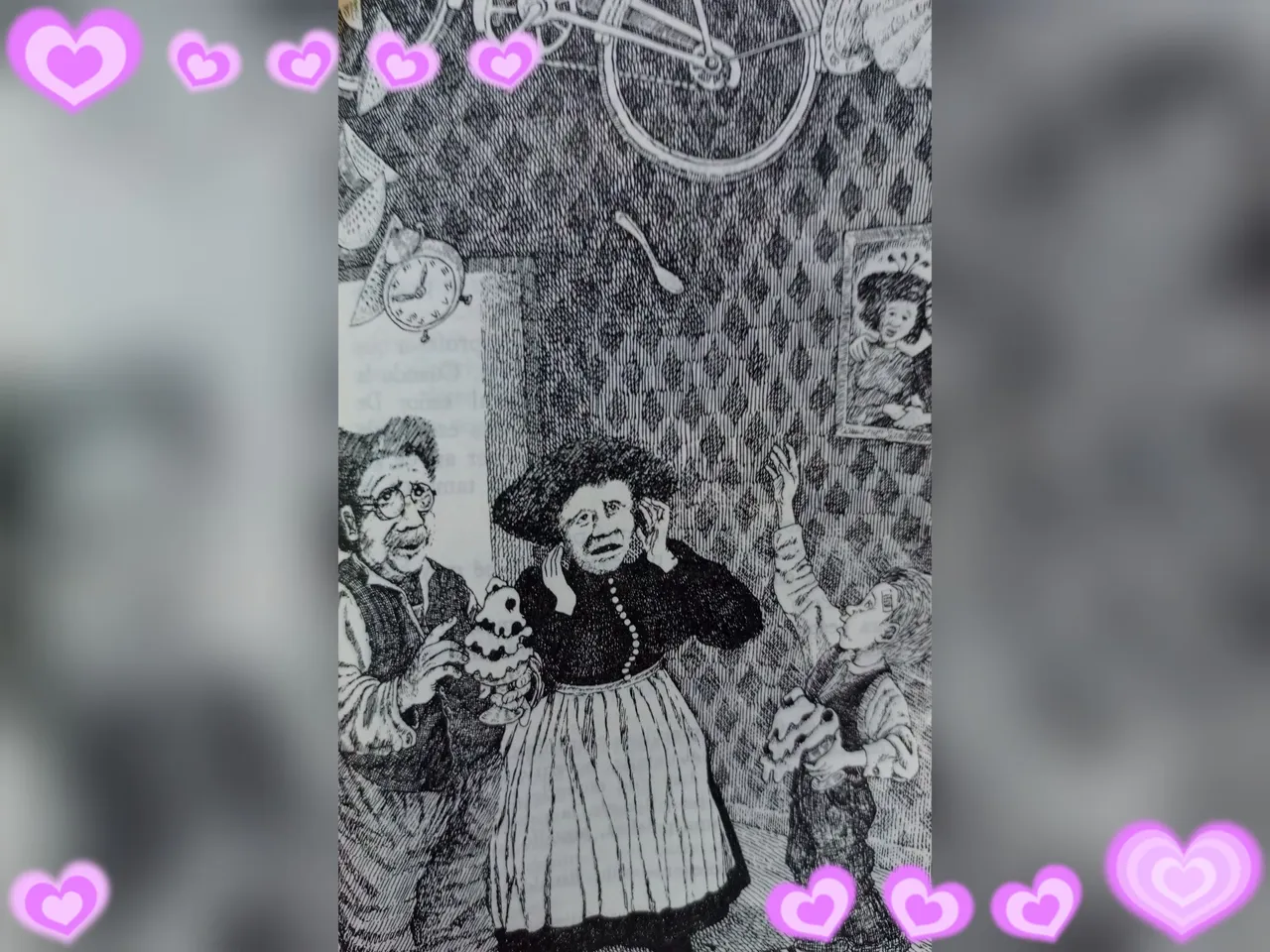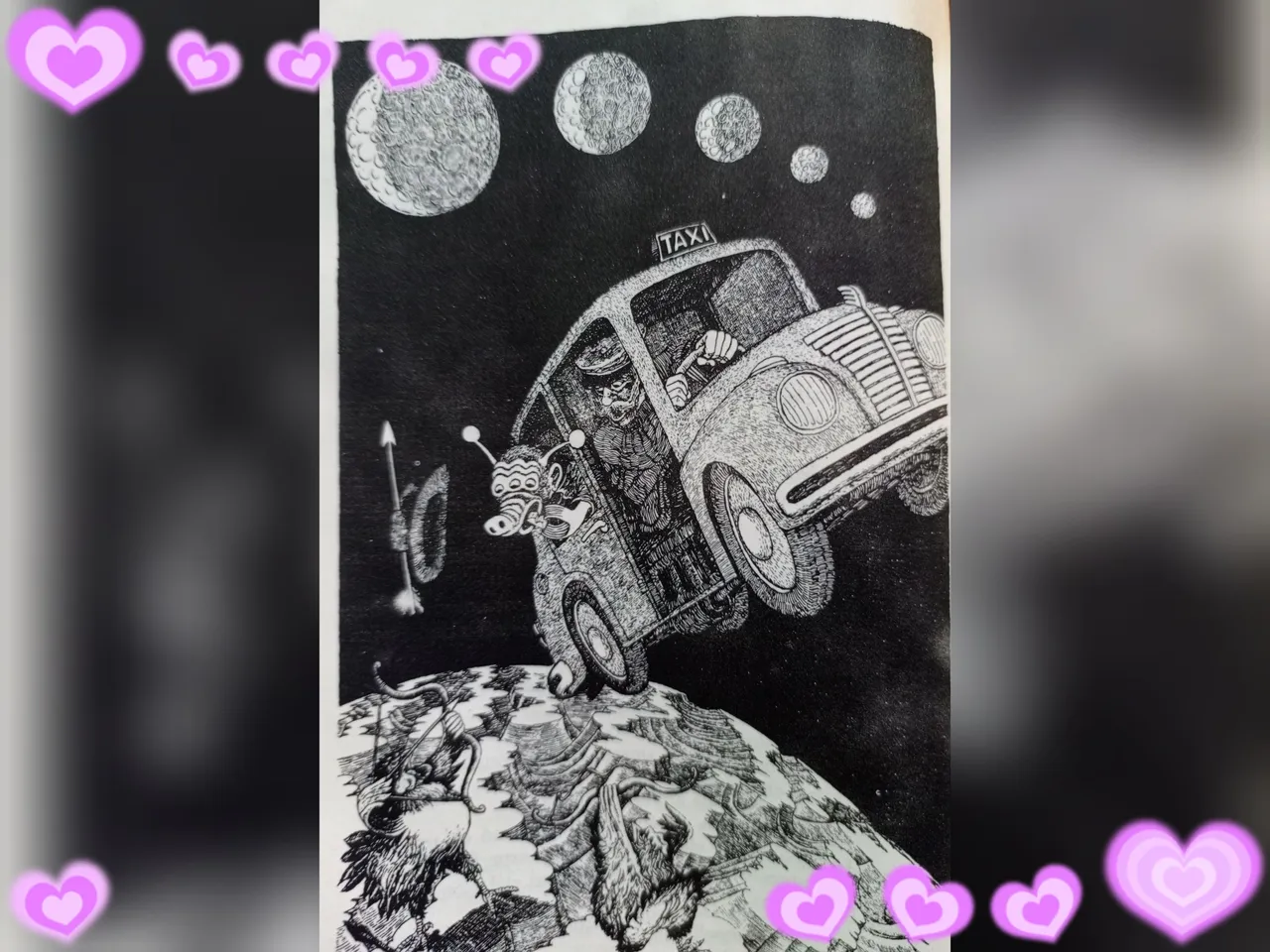In the wonderful universe of children's literature I have reviewed three new stories by Gianni Rodari and, although he gradually moves away from the classic proposals, where fairy tales and the enchanted forest set the tone, these stories have their own particular presentation of fantasy.

Today we will delve into The adventure of Rinaldo, a boy who has an exceptional gift. As a result of a bicycle accident, he had a contusion on his head. From then on he is able to make anything appear just by naming it, this magical quality alerted his aunt Rosa, the person with whom he lives, since his parents emigrated to Germany in search of work.
Among the alternative endings presented by the author, it is stated that Aunt Rosa sought help from Professor Magistris, who examined the case and told them that Rinaldo would satisfy the family's needs from now on. He took advantage of the occasion to ask for a dog. The second ending shows Magistris as the head of a band of thieves, for which he kidnaps Rinaldo and demands a lot of gold from him. The third places us face to face with the sensation of loss, just as the extraordinary ability arrived, it also disappeared by chance. A little to illustrate the saying: "You don't know what you have until you see it lost".

Immediately we advance the pages and find The shepherd's ring, here a shepherd gives asylum to an enigmatic wanderer who gives him a ring for his generosity. This peculiar gift is magical, the ring grants invisibility to its wearer, and saves his life when he must face bandits. The author presents us with three alternative endings, in the first one the shepherd goes after the bandits, manages to gain access to their lair and manages to take possession of the valuables they have stolen. The other follows the idea of the protagonist becoming a private detective, because with this "superpower" he could discover and capture the criminals. The last one places us in front of a paranoid shepherd who, in his eagerness to keep the ring, ends up losing it.

On the other hand, Taxi to the Stars presents us with a very particular story because it involves extraterrestrial life. The cab driver Compagnoni Peppino meets a client who, after biting into a "blue chocolate", drives the car into space, to the star Aldebaran, which is his home. The Aldebaranian was studying human beings, as he was ordered to do so, and now he must go to report the results.
One of the endings places the human happy in his space voyage and he even published a book about the wonders he found. The second ending points out that due to a miscalculation of the dosage of the blue substance they both return to Earth. In the third, the human and the Aldebarian are taken prisoner by alien chickens, Peppino manages to escape and returns to Earth with a supply of the "blue chocolate" and establishes a cosmic travel agency. These outcomes look quite creative and even absurd, but in the world presented they are completely acceptable and plausible.

In these new stories I noticed that the language is quite simple, which would be very easy for young children to interpret. However, there are some high-flown words inserted in the narrative, at that point the discourse moves away from the childish. As I have previously stated, Rodari uses literature for children and from there he exposes his aesthetic-ideological project, which is valid, it would then be up to the parents to clarify the children's doubts when they are unable to interpret what is said beyond the words.
Versión en Español
En el maravilloso universo de la literatura infantil he revisado tres nuevos cuentos de Gianni Rodari y, aunque se aleja paulatinamente de las propuestas clásicas, donde los cuentos de hadas y el bosque encantado marcan le pauta, estos relatos tienen su particular presentación de la fantasía.

Hoy nos adentraremos en La aventura de Rinaldo, un niño que tiene un don excepcional. Como consecuencia de un accidente en bicicleta presentó una contusión en la cabeza. A partir de allí es capaz de hacer aparecer cualquier cosa solo con nombrarla, esa cualidad mágica alertó a su tía Rosa la persona con quién vive, pues sus padres emigraron a Alemania en busca de trabajo.
Entre los finales alternativos que nos presenta el autor se expone que la tía Rosa buscó ayuda en el profesor Magistris, quien examinó el caso y les comentó que Rinaldo va a satisfacer las necesidades familiares de ahora en adelante. Aprovechó la ocasión para pedir un perro. El segundo final muestra a Magistris como jefe de una banda de ladrones, por ello rapta a Rinaldo y le exige mucho oro. El tercero nos coloca de frente con la sensación de pérdida, así como llegó la extraordinaria habilidad, también desapareció por casualidad. Un poco para ilustrar aquello de: "No sabes lo que tienes hasta que lo ves pérdido".

De inmediato avanzamos las páginas y encontramos El anillo del pastor, acá un pastor da asilo a un enigmático caminante que le regala un anillo por su generosidad. Este peculiar obsequio es mágico, el anillo concede invisibilidad a su portador, y le salva la vida cuando debe enfrentarse a unos bandidos. El autor nos presenta sus tres finales alternativos, en el primero el pastor va detrás de los bandidos, logra acceder a su guarida y consigue adueñarse de los objetos de valor que han robado. El otro sigue la idea de que el protagonista se vuelva detective privado, pues con ese "superpoder" podría descubrir y capturar a los delincuentes. El último, nos coloca frente a un pastor paranoico que en su afán de guardar el anillo temina por extraviarlo.

En cambio Taxi para las estrellas nos plantea una historia muy particular porque involucra vida extraterrestre. El taxista Compagnoni Peppino se topa con un cliente que tras morder un "chocolate azul" impulsa al carro hasta el espacio, hasta la estrella Aldebarán que es su hogar. El Aldebariano estaba estudiando a los seres humanos, pues le ordenaron esa misión y ahora debe ir a informar los resultados.
Uno de los finales nos coloca al humano feliz en su travesía espacial e incluso llegó a publicar un libro sobre las maravillas que encontró. El segundo final señala que debido a un mal cálculo de la dosis de la sustancia azul ambos regresan a la Tierra. En el tercero, el humano y el Aldebariano son hechos prisioneros de unas gallinas extraterrestres, Peppino logra escapar y regresa a la tierra con una provisión del "chocolate azul" y establece una agencia de viajes cósmicos. Estos desenlaces lucen bastante creativos y hasta absurdos, pero en el mundo planteado son completamente aceptables y verosímiles.

En estos nuevos relatos me di cuenta de que el lenguaje es bastante sencillo, lo que sería muy fácil de interpretar para los pequeños. Sin embargo, existen algunas palabras altisonantes insertadas en la narración, en dicho punto el discurso se aleja de lo infantil. Tal como he expuesto anteriormente, Rodari utiliza la literatura para niños y a partir de allí exponer su proyecto estético-ideológico, lo que es válido, quedaría entonces de parte de los padres esclarecer las dudas de los niños cuando no logren interpretar lo planteado más allá de los vocablos.
✓Photos from my personal gallery, edited with Fotocollage.
✓Text translated with DeepL.
💗📚❤️📚💕❤️📚💕💗
✓Fotos de mi galería personal, editadas con Fotocollage.
✓Texto traducido con DeepL.